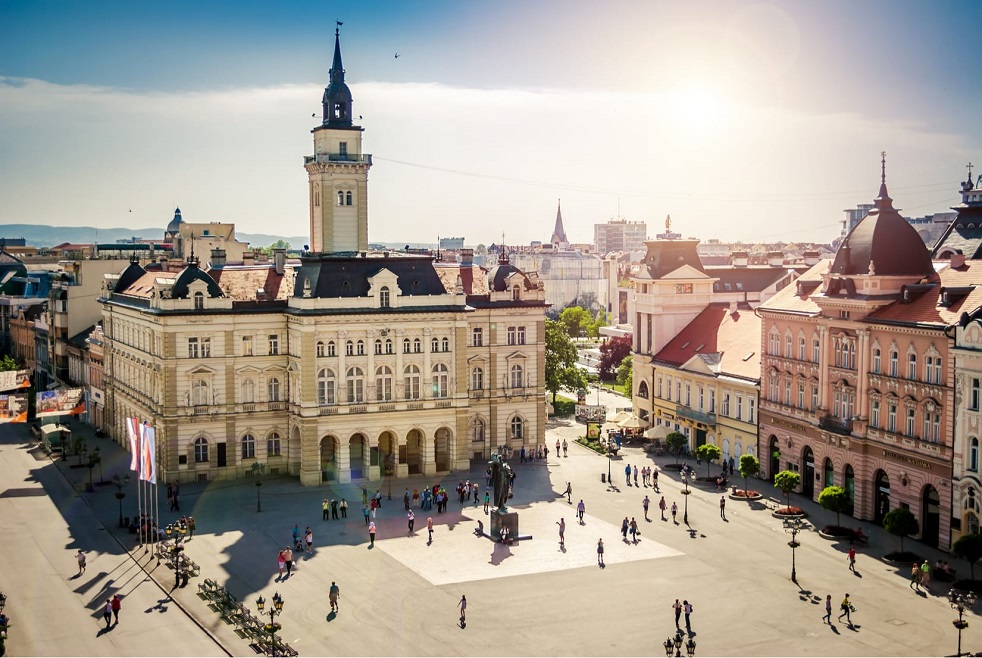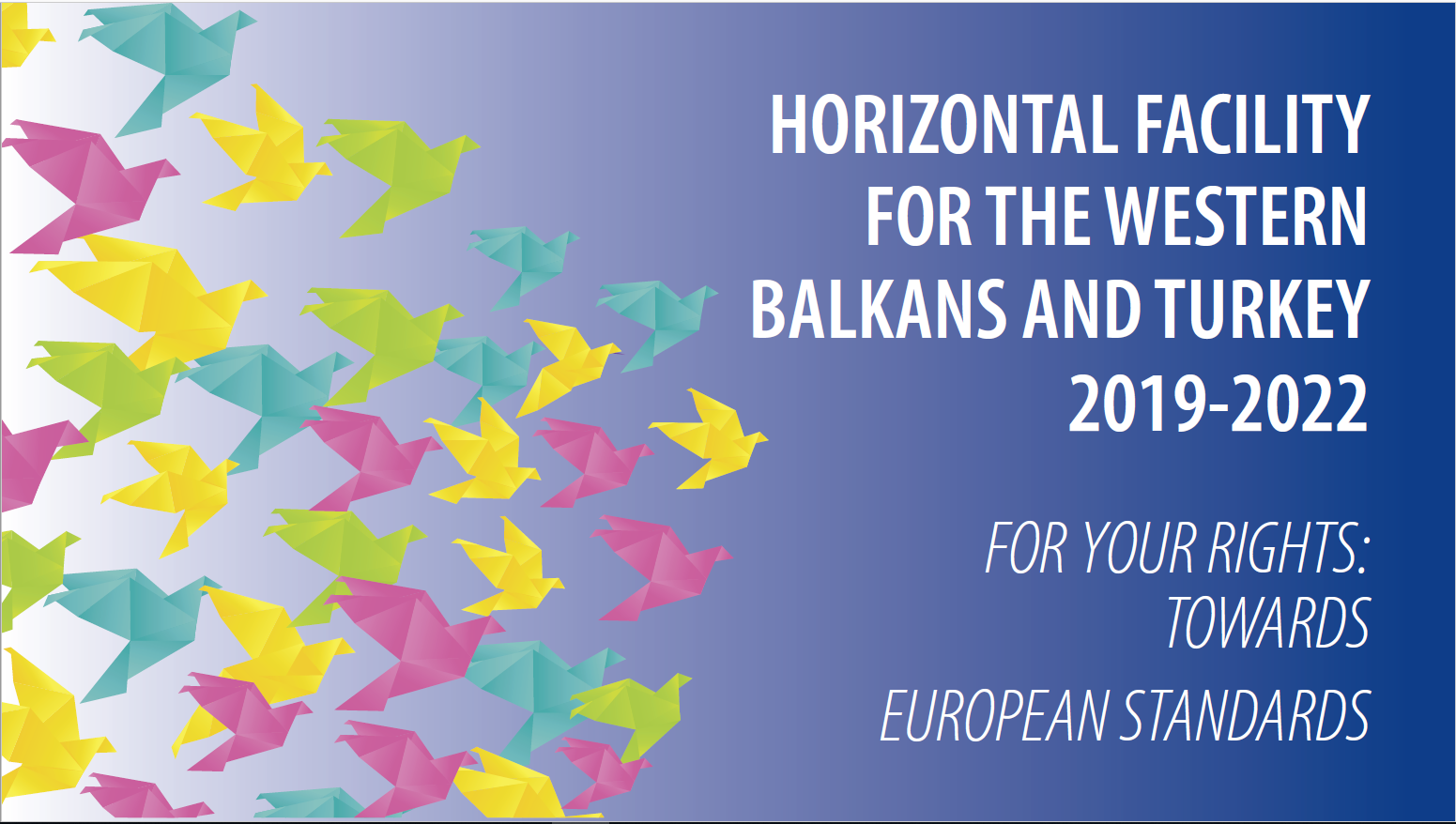The Head of the Council of Europe Office in Belgrade, Tobias Flessenkemper, visited Novi Sad and partner institutions in that city on Wednesday, 28 April 2021.
The Head of Office met with the President of the Government of the Autonomous Province of Vojvodina, Igor Mirović, with whom he discussed the programs implemented by the Council of Europe Office in Belgrade, as well as the importance of Vojvodina's participation in the Congress of Local and Regional Authorities.
Flessenkemper also met with the director of the European Affairs Fund of AP Vojvodina, Aleksandar Simurdić. During the meeting, the importance of the fundamental principles of the Council of Europe was emphasized, including the promotion of democracy and good governance, the protection of human rights and good governance and the importance of promoting these values among the citizens of the Autonomous Province of Vojvodina.
The grammar school "Jovan Jovanović Zmaj", which is one of the schools participating in the joint project of the European Union and the Council of Europe "Quality education for all", hosted the Head of the Office of the Council of Europe in Belgrade. This project aims to promote quality education by supporting schools, their communities and relevant educational institutions in the fight against discrimination in education through the application of the Council of Europe's Pan-European Competence Reference Framework for Democratic Culture. Through this project, hundreds of teachers, students and parents from 60 schools from all over Serbia are actively working to develop values, attitudes, skills as well as knowledge and critical understanding in order to achieve a common goal that is at the heart of the Framework - to participate effectively in a culture of democracy and living peacefully with others in a culturally diverse society.
Flessenkemper had the opportunity to talk about education in AP Vojvodina, as well as about national minorities in the Province with Zsolt Sakalas, Deputy Prime Minister of the Provincial Government and Provincial Secretary for Education, Regulations, Administration and National Minorities - National Communities. Strengthening the rights of national minorities and education in minority languages is one of the topics addressed by the joint project of the European Union and the Council of Europe "Promotion of Diversity and Equality". This project supports the beneficiary institutions in the fight against discrimination, in order to ensure equal, safe, consistent and full respect and enjoyment of fundamental rights and freedoms for persons belonging to national minorities, including the Roma; people affected by disabilities; LGBTI people; socially marginalized people who have difficulty accessing their political, economic, social and cultural rights.
With the partner organizations Independent Association of Journalists of Vojvodina and the NGO "Come Out", Flessenkemper talked about the projects that these organizations are implementing within the project "Promotion of Diversity and Equality".
The projects "Quality Education for All" and "Promotion of Diversity and Equality in Serbia" are part of the joint program of the European Union and the Council of Europe "Horizontal Facility for the Western Balkans and Turkey 2019-2022".




